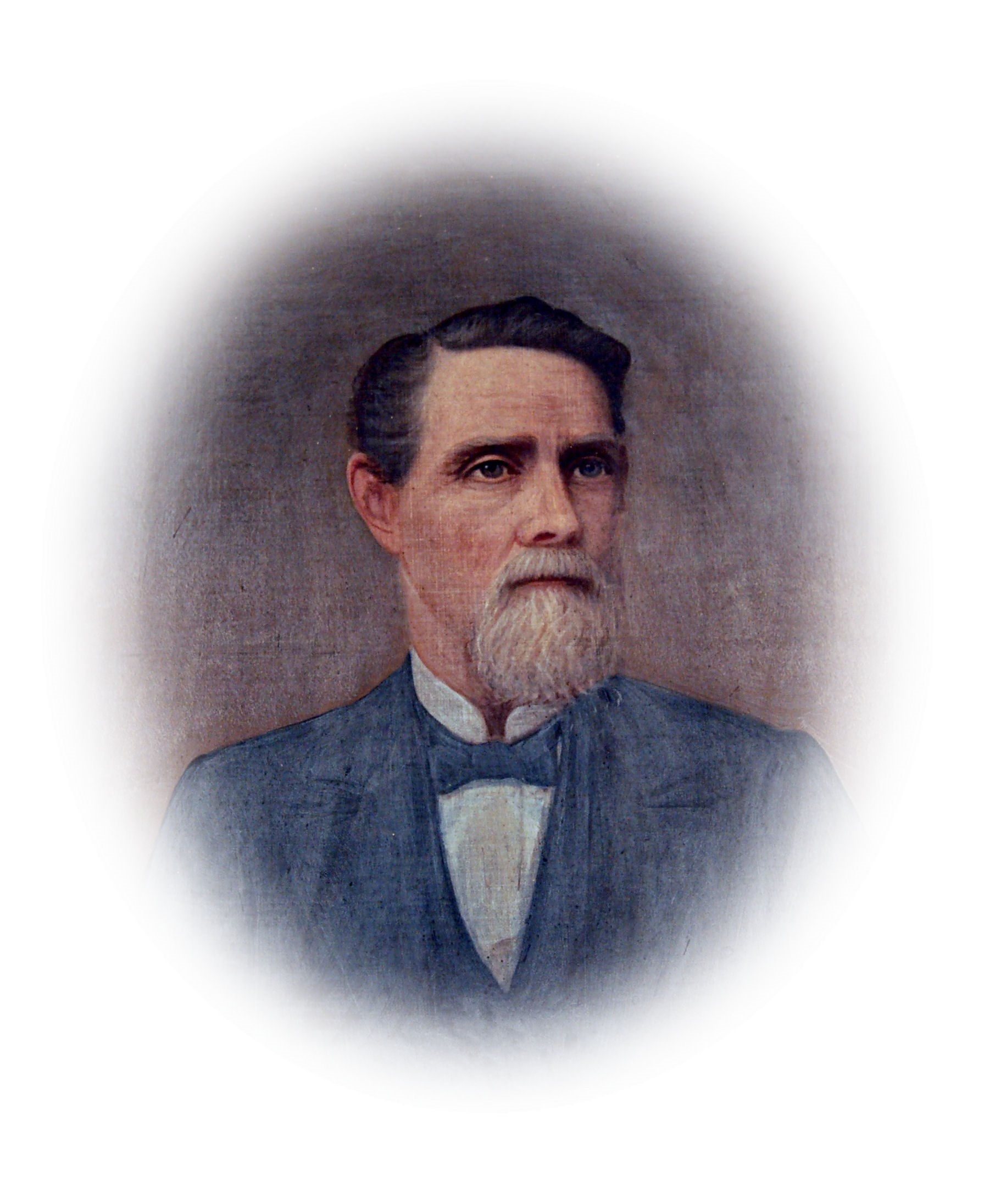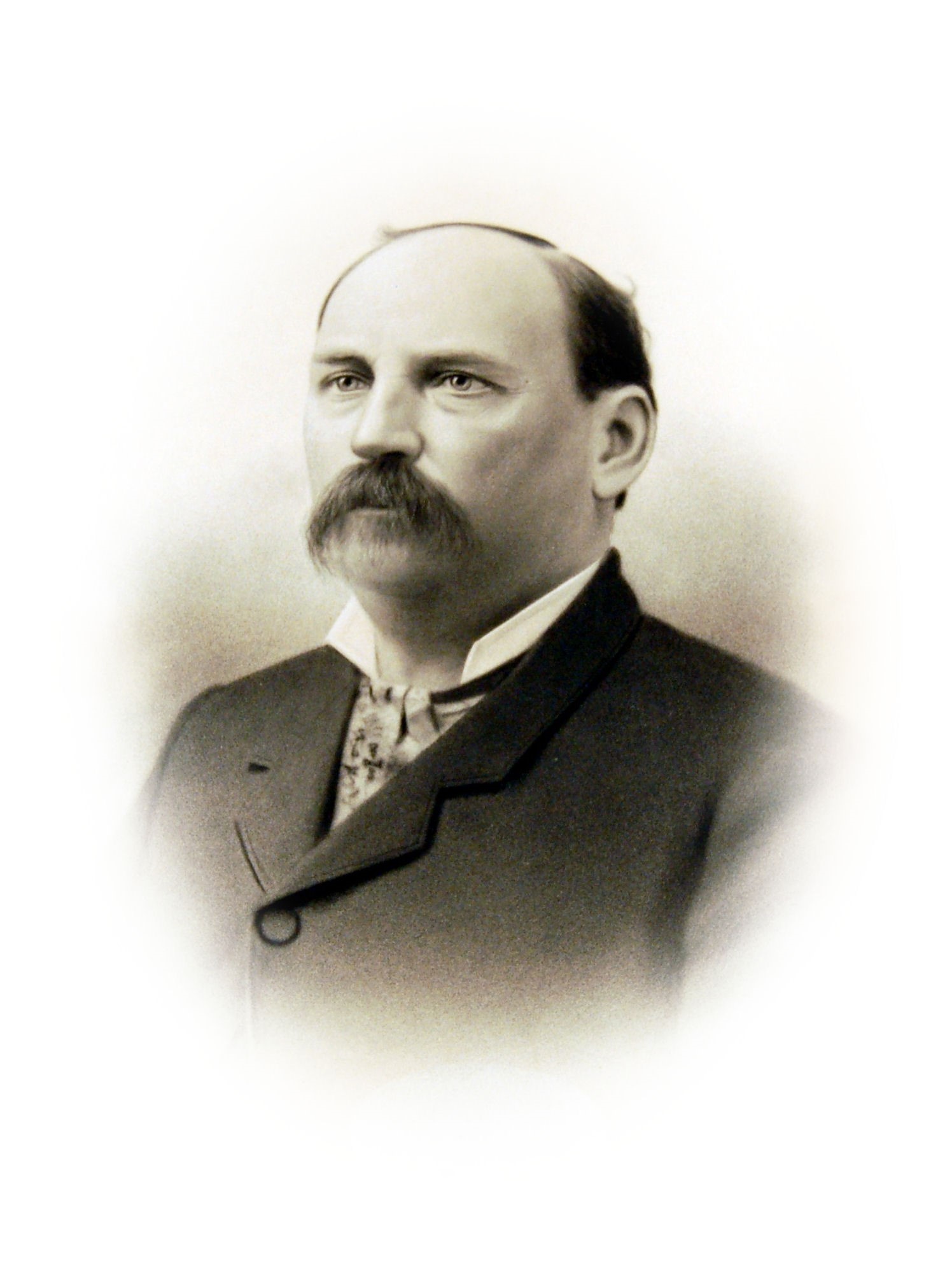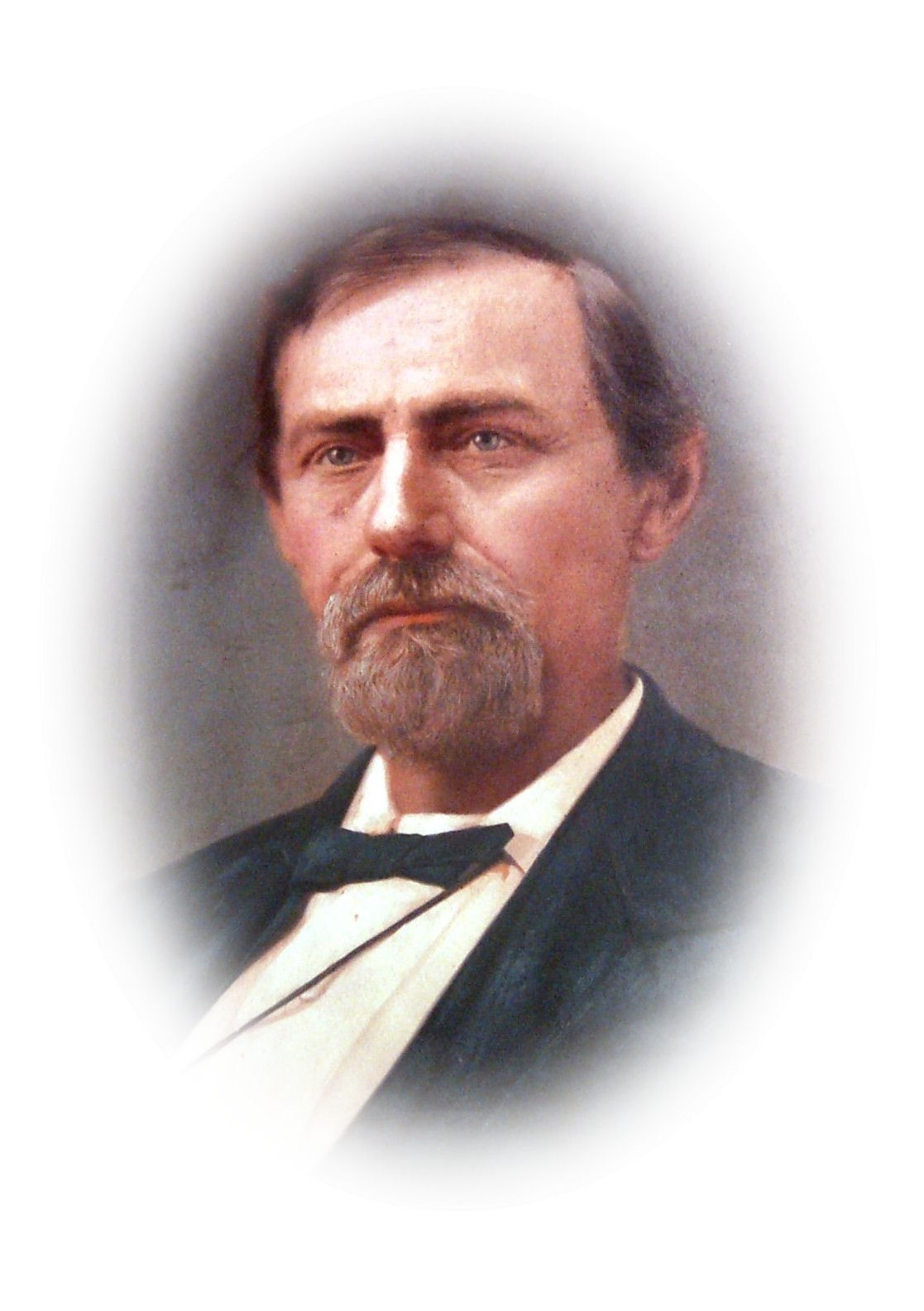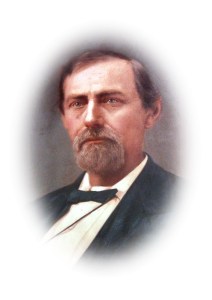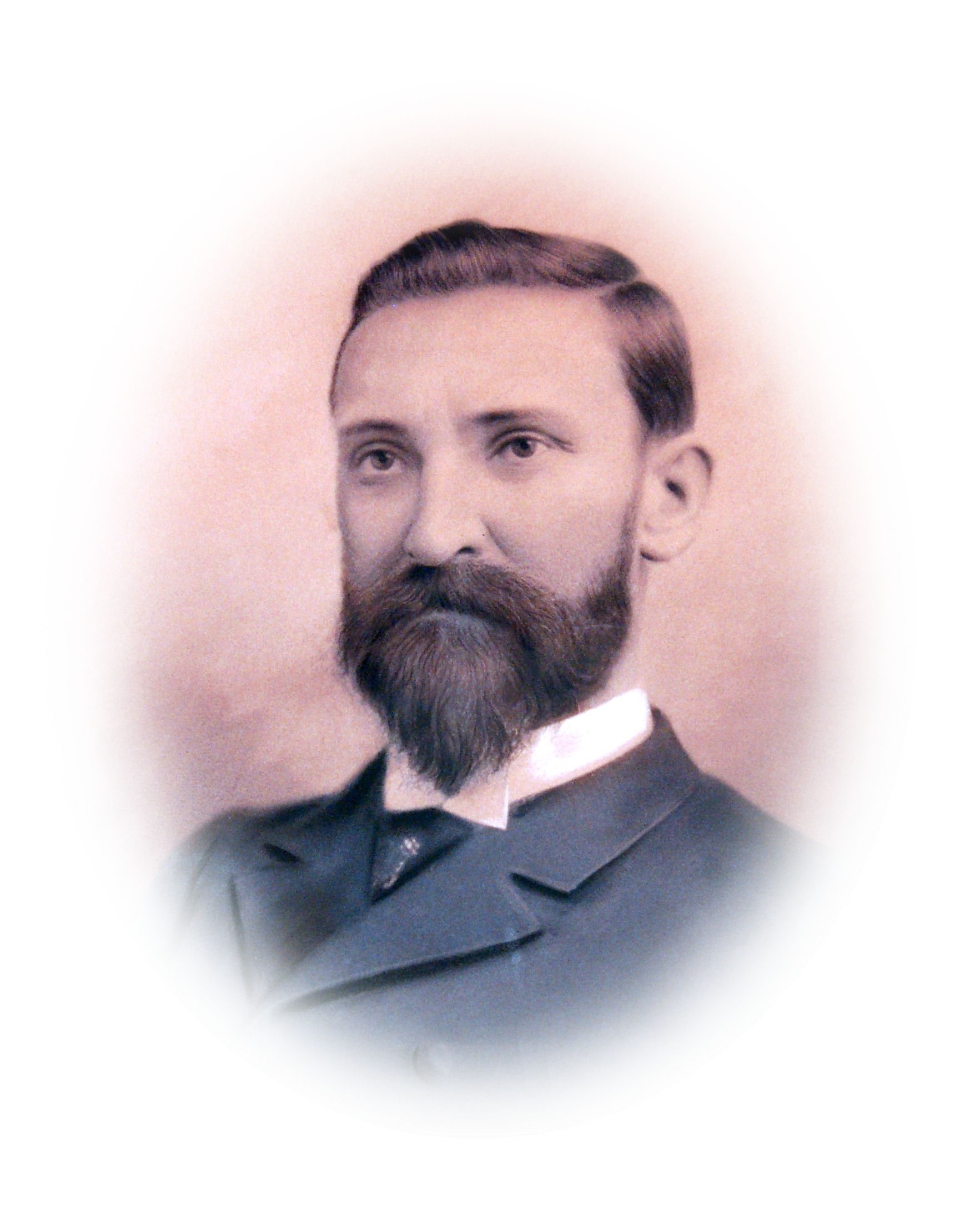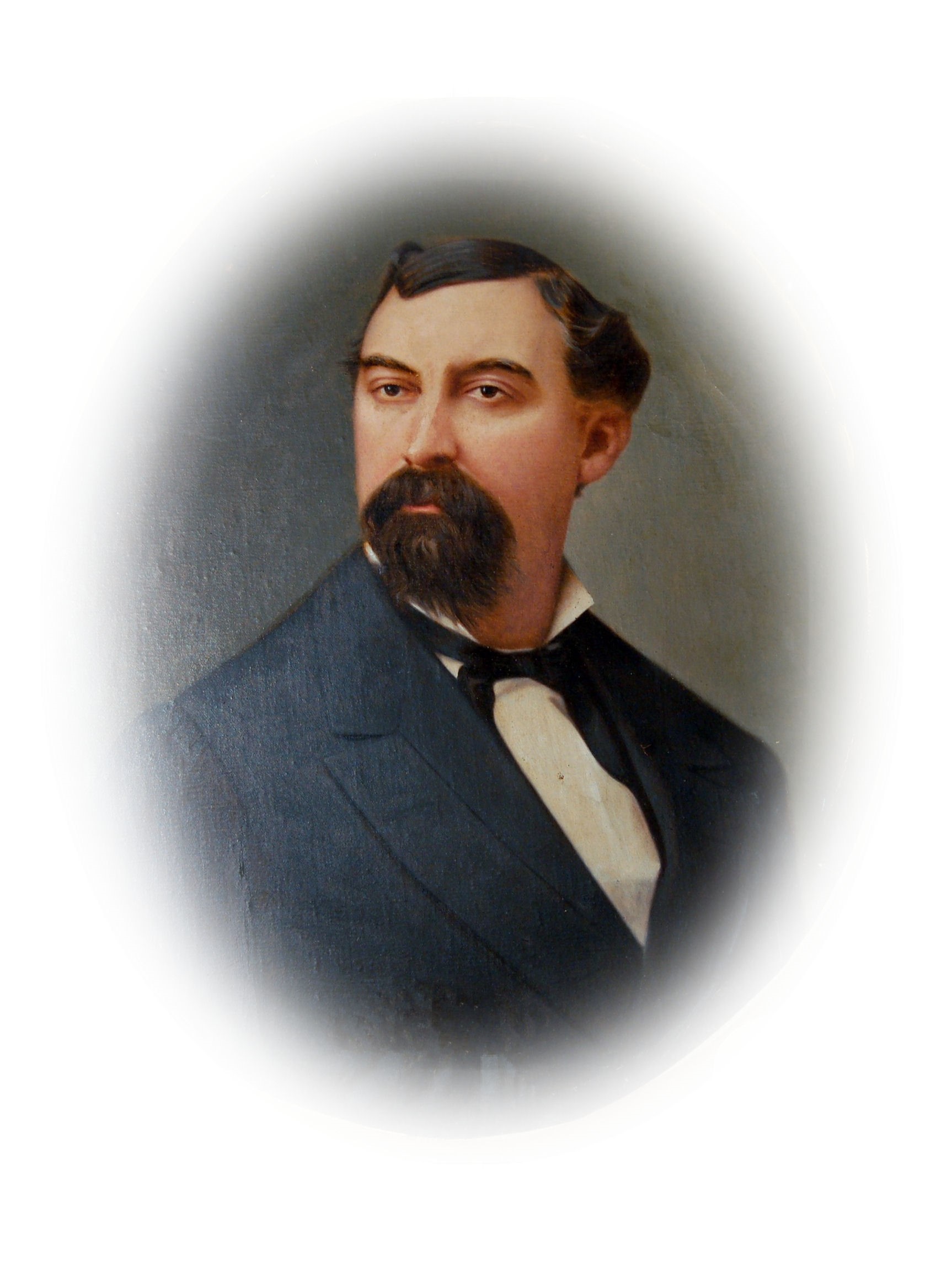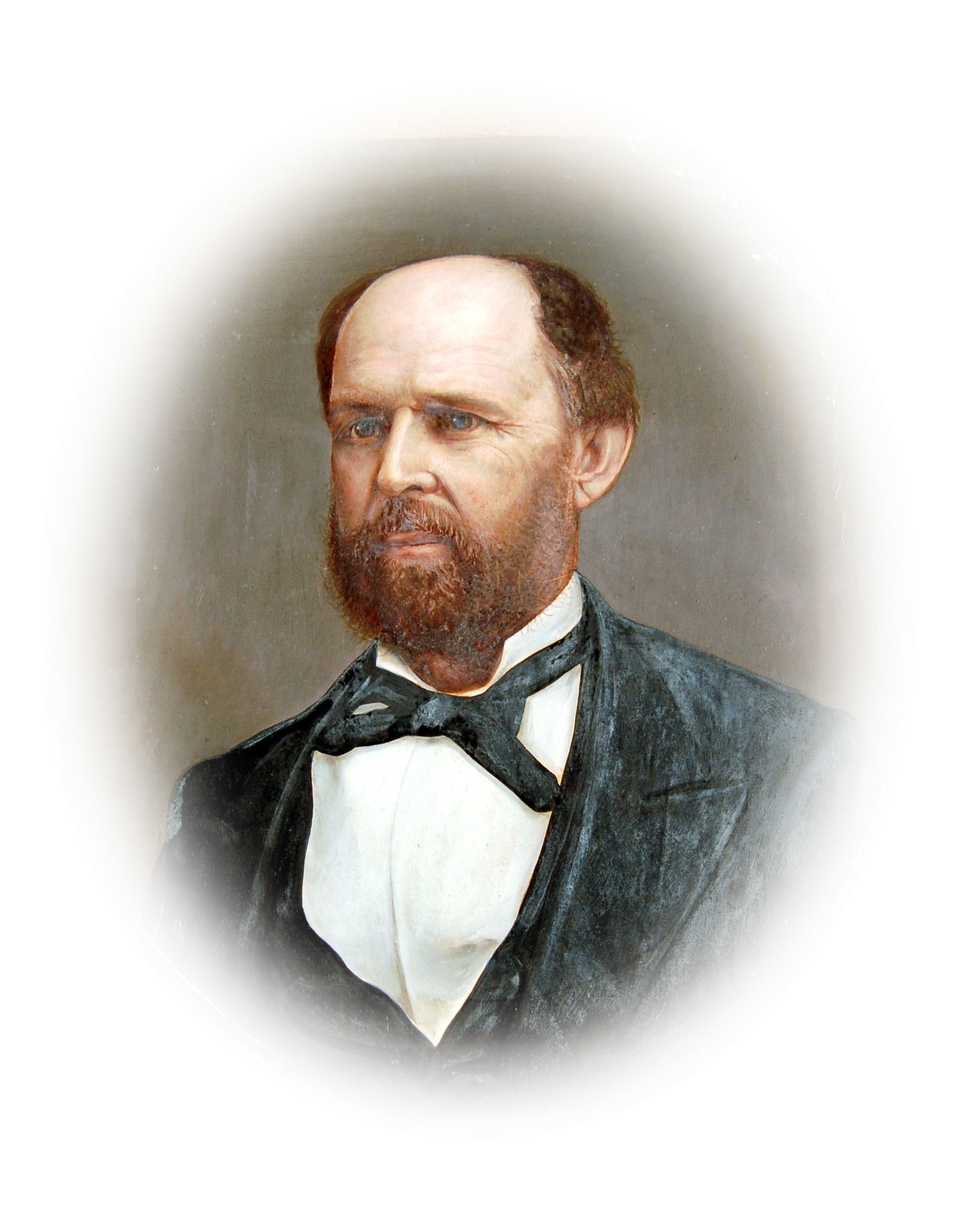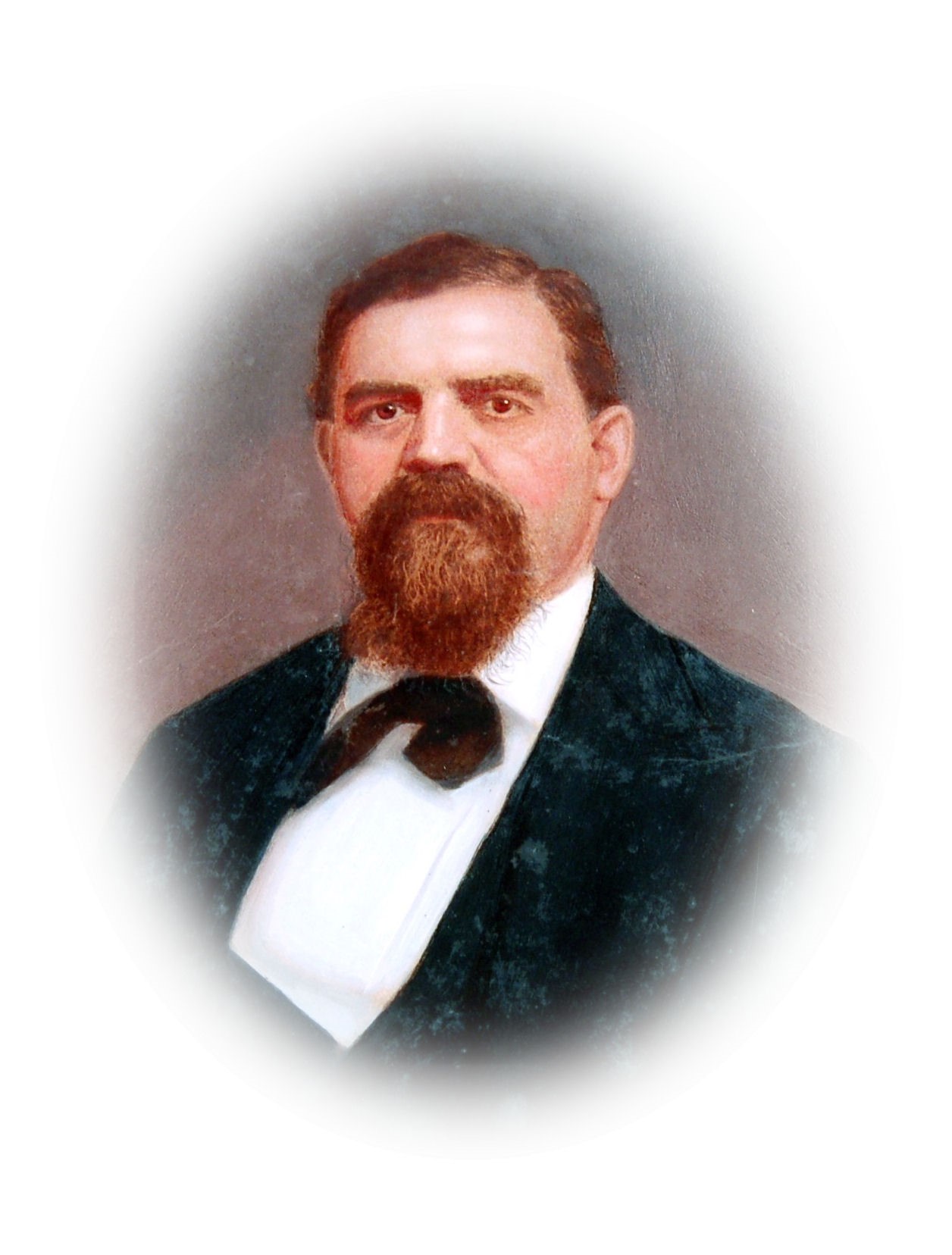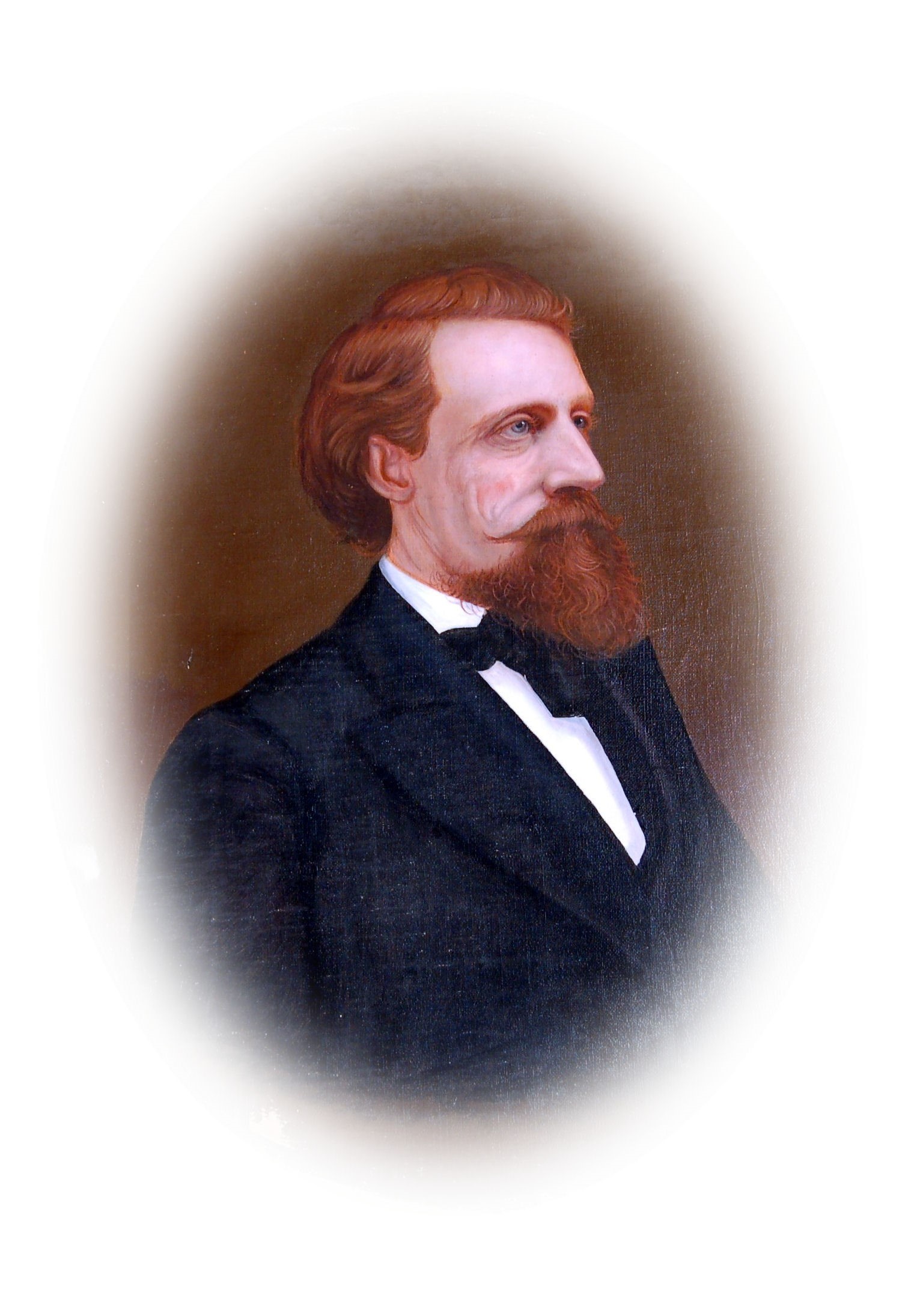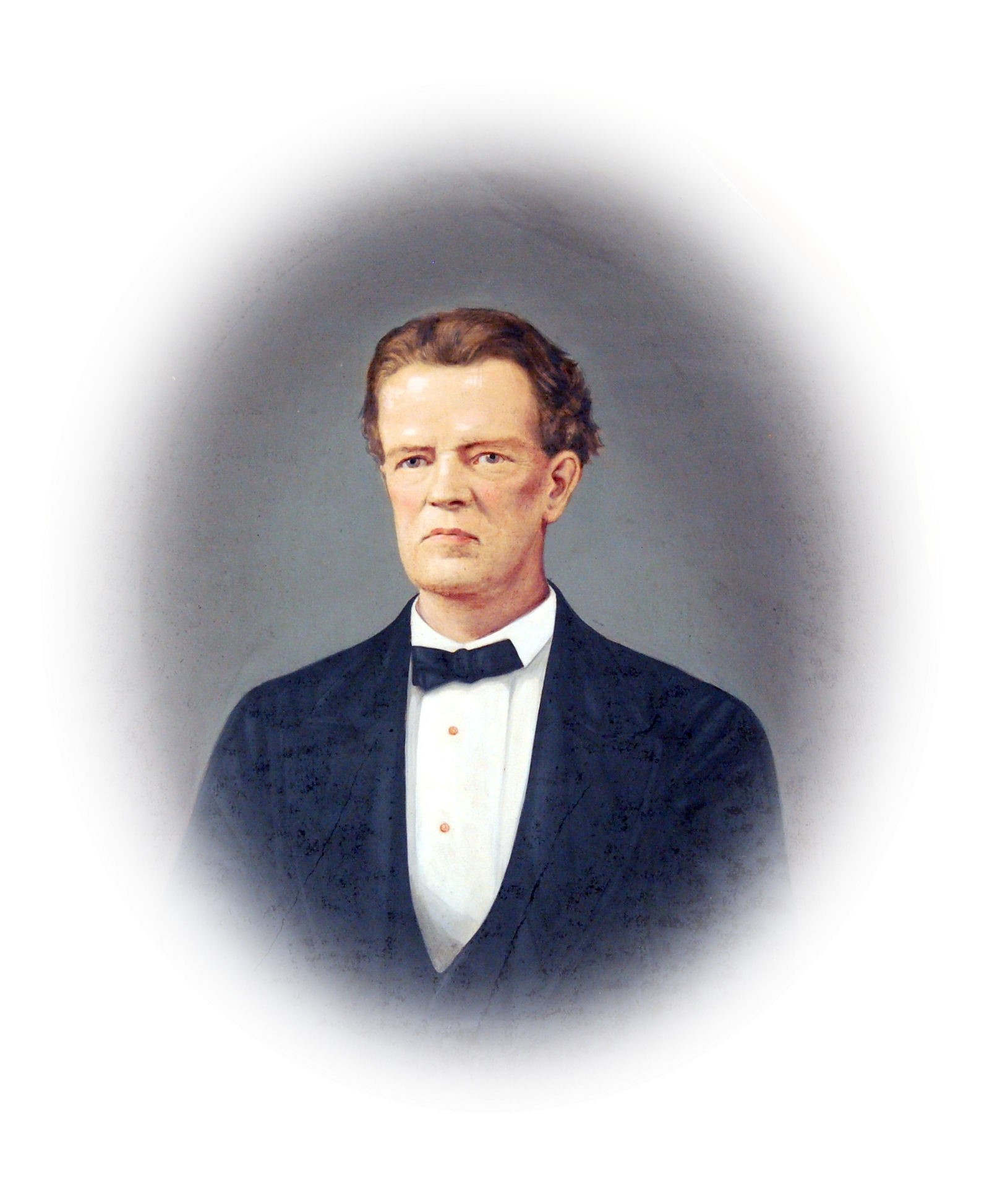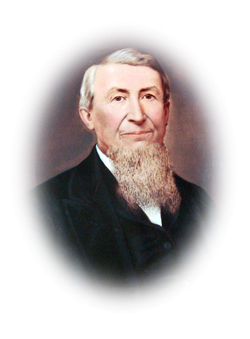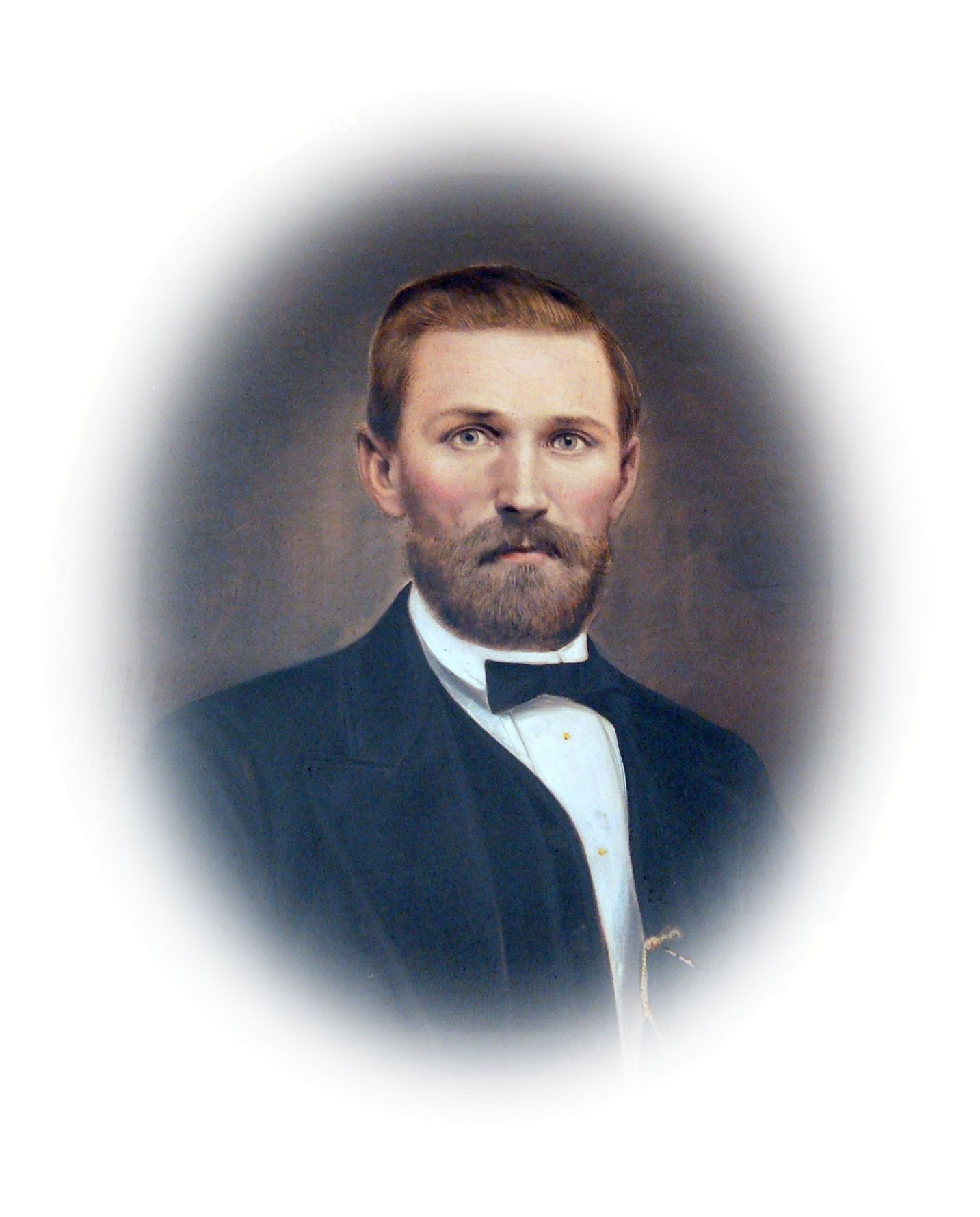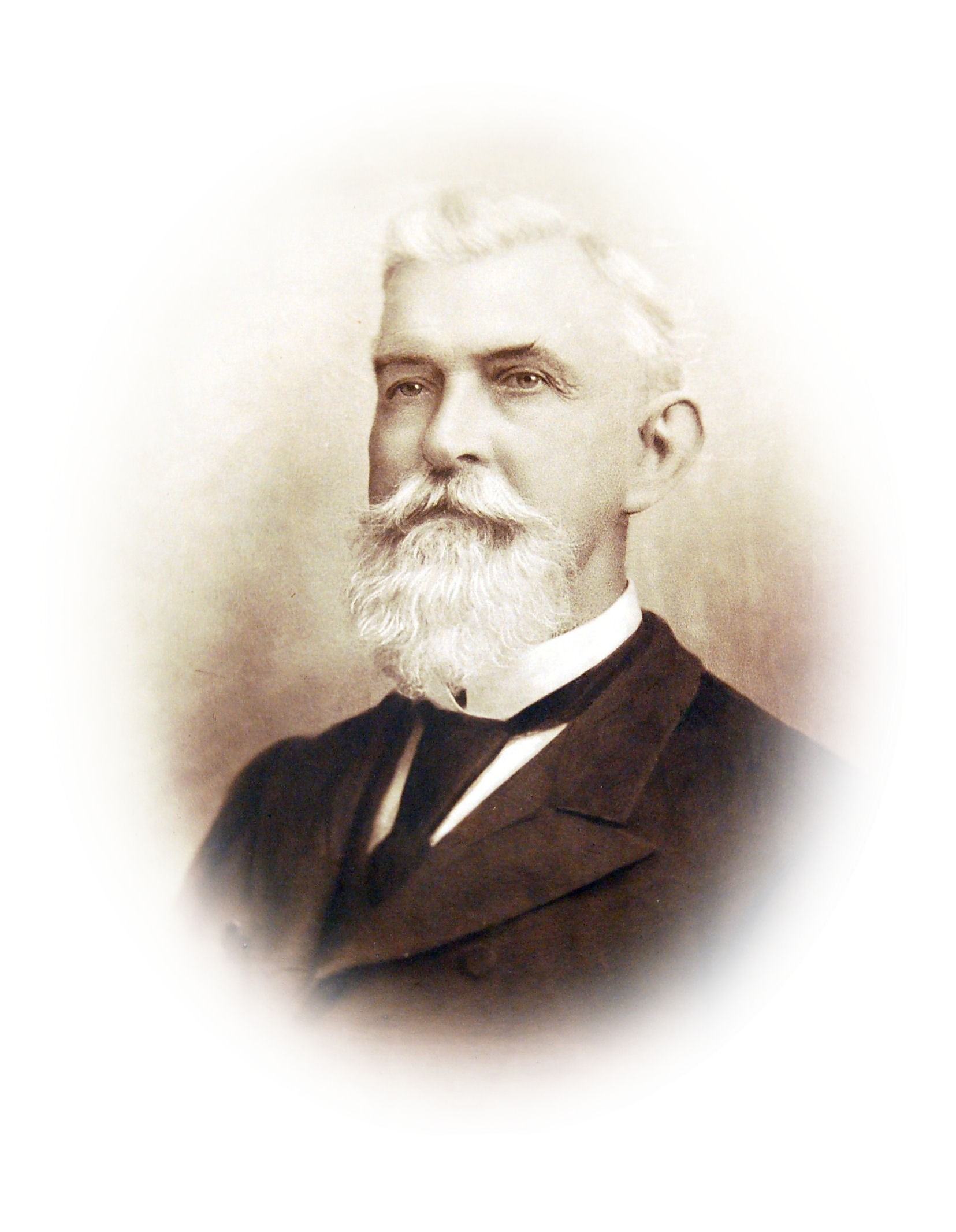
Myles Jefferson Greene, PGM 1887-1888

Myles Jefferson Greene, a native of Baldwin County, Georgia, was born October 30th, 1827 and died June 27th 1892 in Montgomery, Alabama. He was educated in the country schools in Georgia and at Auburn. He received his medical degree from Charleston, S. C. medical college in 1851. He began the practice of medicine in Lochapoka shortly after graduation and practiced there, in Opelika and in Talladega, until his appointment as Grand Secretary of the Grand Lodge in December, 1888. He married Mary Anne Eliza, daughter of Dr. Reuben and Mary (Baldwin) Phillips of Loachapoka, on April 10, 1853. There were no children. He was a Christian gentleman and an educated physician, taking a high position amongst his professional brethren, which he maintained to the day of his death. As a physician he was an original thinker, and a careful and painstaking practitioner as well as skillful surgeon.
He was initiated May 17, 1849, passed June 9th, 1849, and raised June 28th, 1849 by Auburn Lodge No. 76 A.F. and A. M. In 1850 he located in Loachapoka, Macon County, and measures were soon taken to establish a Lodge in that, at that time, new and prosperous town. Dr. Greene was the first Worshipful Master of this Lodge. In 1877 he removed to Talladega, where he resided until 1888, save two years in Opelika. During that period he filled the office of Worshipful Master or a subordinate station in Talladega Lodge No. 261.
He was exalted by Opelika Chapter No. 74, R. A. M. in 1866. He soon thereafter demitted and assisted in the establishment of Lochapoka Chapter No. 80, being one of the charter members. He was the first and only H. P. of that chapter as long as he lived there. In 1877, he went to Talladega, became a member of and soon an officer in Talladega Chapter No. 23. At the time of his death, he was a member of Montgomery Chapter No. 22. He was knighted by Tuskegee Commandery of Knights Templar in 1873. After moving to Talladega he was unaffiliated until 1888 when he became a member of Montgomery Commandery No. 4 on whose record will no doubt be found a tribute to his memory.
Dr. Greene made his first appearance in the Grand Lodge in 1852 as Worshipful Master of Loachapoka Lodge No. 133. From that date he was seldom absent from the Grand Communications, having attended every one since 1867. In 1869 he was appointed a member of the Committee on Work. This position he held until 1881, when he was elected Junior Grand Warden. He was successively elected Senior Grand Warden, Deputy Grand Master and became Grand Master in 1877. He held this high office one year, when he was elected Grand Secretary, the position he occupied at the date of his death.
In 1869 he was appointed a member of the Grand Chapter Committee on Work. In 1869 he was elected Grand Captain of the Host and was regularly promoted until he became Grand High Priest in 1872 and filled that office for three years.

